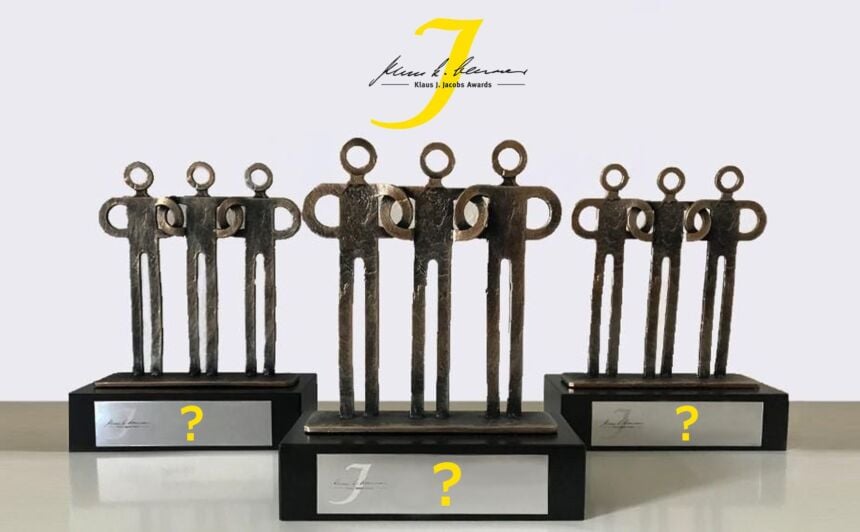The São Paulo-based organization operates primarily in Latin America and Sub-Saharan Africa, sending weekly reminders and encouragement messages (also known as ‘nudges’) directly to students’ or caregivers’ cell phones to engage them in their own, or their children’s, school life.
Movva mobile phone ‘nudges’ content is non-curricular, entirely aimed at bringing children and parents closer together, discouraging child labor and violence against children, and making education top-of-mind, despite the impending pressures of poverty-induced financial worries. Movva leverages insights from behavioral sciences to identify the most important constraints that might affect student and parenting behaviors – such as self-limiting beliefs, mindsets, cognitive biases, and social pressure – then framing messages to effectively overcome them. It also applies machine learning algorithms to customize and target communication, based on what is predicted to work best for each student, using a combination of data on student characteristics, previous academic records, and interactions with the messages. During the pandemic, Movva supported over two million students and their families across Brazil, Côte d’Ivoire, Ghana, Guatemala, and Honduras. It is launching in Malawi this year, in collaboration with the non-profit Give Directly.
School life to become top-of-mind
In the short term, if messages reach students and caregivers as intended, children’s school life becomes top-of-mind, motivating pupils to engage in learning and parents to monitor them more closely, to show up at school more often, and encourage parents to incentivize their children to continue studying. Students find greater motivation to study, attend school and allocate more hours to homework. In the medium-term, children feel more supported by their parents, and experience improved socioemotional skills, higher attendance, and higher numeracy and literacy skills. This helps reduce school dropout rates, leading to more students completing their degrees. In the long term, quality education helps improve society as a whole. Educated young people access better job opportunities, and act as responsible citizens in their communities, with a higher quality of life.
Movva’s platform uses artificial intelligence to meet the specific needs of each student. It offers multimedia content that can effectively change student behavior, but also allows schools to create their own videos for students, with the help of a virtual assistant that guides users to record different versions of the same message, inspired by behavioral profiles. It then activates AI to match each video to the students that would benefit the most from each version.
Movva’s nudges have been shown to improve learning outcomes and decrease grade repetition and school dropouts across Brazil and Côte d‘Ivoire. As its product is a Software as a Service (SaaS) and because it is cloud-based, it can be easily deployed anywhere in the world, in partnership with governments and local schools.
The three recipients of this year’s Best Practice Prizes will be announced at a ceremony in Zurich on 30 September 2022. For the first time, the 10 finalists will convene for a co-creation event, taking place on 1 October 2022. They will exchange knowledge and ideas on advancing learning and will have the opportunity to partner with other shortlisted applicants to develop proposals for new projects. Two concepts will receive follow-on funding of up to CHF 150,000 ($156,000) each.
